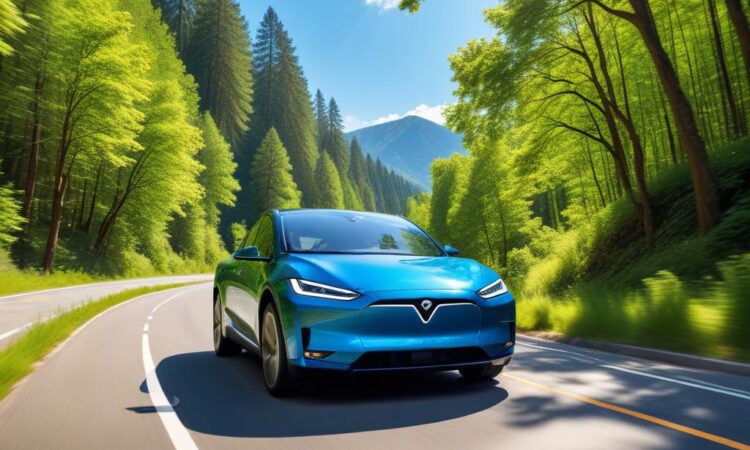Electric Vehicle (EV) Adoption: A Global Shift
The adoption of electric vehicles (EVs) is accelerating globally, driven by a confluence of factors: government policies promoting clean transportation, rapidly falling battery costs, and rising consumer demand for sustainable and efficient mobility solutions. Automakers, recognizing the transformative potential of EVs, are investing heavily in their development and production, leading to a significant shift within the automotive industry. This trend is also creating new opportunities for businesses involved in battery production, charging infrastructure, and related technologies, shaping a new landscape for the future of transportation.
Government Policies and Incentives
Governments worldwide are playing a crucial role in accelerating EV adoption through various policies and incentives. These include tax credits for EV purchases, subsidies for charging infrastructure development, and regulations aimed at reducing emissions from traditional vehicles. For instance, the United States offers tax credits for EV purchases, while European countries have implemented ambitious targets for EV penetration by a certain year. These policies create a favorable environment for EV adoption, encouraging consumers to make the switch.
Falling Battery Costs
One of the key factors driving EV adoption is the steady decline in battery costs. Battery technology has advanced significantly, leading to improved energy density and longer range for EVs, while simultaneously reducing production costs. This reduction in battery prices makes EVs increasingly affordable and competitive with gasoline-powered vehicles, further fueling their adoption.
Rising Consumer Demand
Consumers are increasingly drawn to EVs for a variety of reasons. Environmental concerns are a major driver, as consumers seek to reduce their carbon footprint. EVs offer a clean and efficient alternative to traditional vehicles, contributing to a more sustainable future. Moreover, EVs provide a smooth and quiet driving experience, with lower operating costs thanks to lower fuel and maintenance expenses. The growing availability of EV models with attractive features and competitive performance is also contributing to rising consumer demand.
Automaker Investments
Automakers are recognizing the immense potential of the EV market and are investing heavily in research, development, and production of EVs. Major automakers like Tesla, Volkswagen, General Motors, and Toyota are all launching new EV models and expanding their EV production capacity. This shift towards EVs signifies a major transformation in the automotive industry, driven by both environmental pressures and market demand.
New Opportunities for Businesses
The rise of EVs is creating a wealth of opportunities for businesses involved in various aspects of the EV ecosystem. Battery manufacturers are seeing a surge in demand for EV batteries, leading to significant investments in production facilities and research and development. Companies involved in charging infrastructure are also experiencing rapid growth, as the need for public and private charging stations expands. Additionally, businesses developing technologies for autonomous driving, connected cars, and smart grids are finding new applications in the EV sector.
Challenges and Future Trends
While EV adoption is accelerating, it’s important to acknowledge the challenges that remain. Range anxiety, concerns about charging infrastructure, and the high initial cost of EVs are some of the factors that can hinder adoption. However, ongoing advancements in battery technology, expanding charging networks, and government support are working to address these challenges. In the future, we can expect continued growth in EV sales, driven by further reductions in battery costs, the development of more affordable EV models, and increasing consumer awareness of the benefits of electric transportation.
Conclusion
The global adoption of electric vehicles is a transformative trend that is shaping the future of transportation. With government support, falling battery costs, and rising consumer demand, the EV market is poised for continued growth. This shift towards EVs is creating opportunities for businesses in various sectors, while contributing to a more sustainable and efficient transportation system. As technology advances and infrastructure develops, we can expect to see even greater adoption of EVs in the coming years, leading to a cleaner and more sustainable future.

